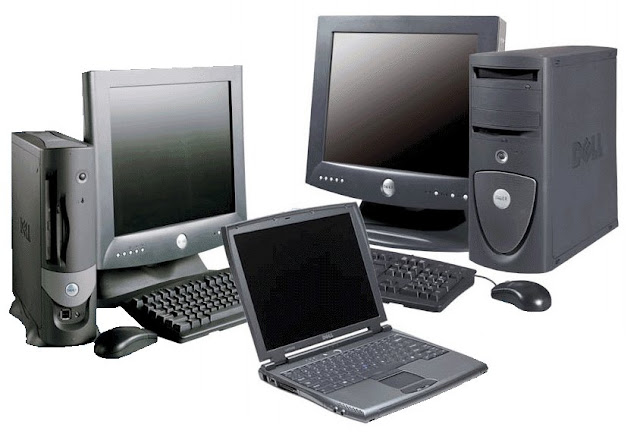Every new technology and technological product is aimed to bring on improvement. The shift from paperwork and calculators to computers was a revolutionary step. Personal computers (PCs) started finding space not only at workplaces, but also at homes. Few years later, phrases like ‘mobile computing’ and ‘portability’ started gaining importance and products like laptops, notebooks and netbooks. And today, the use of tablets and iPads is fast building a strong niche. Do you know how to differentiate among these products?
A PC runs on electricity, whereas a laptop runs on battery. However, the biggest difference lies in the functionality, as laptops are portable and can be carried from one place to another without worrying about wires. In terms of operating systems and things you can do, PCs and laptops and palmtop computers are quite similar to each other.
Notebooks were basically introduced to further reduce the size and weight of laptops. Though they would lack all the features and functions of laptops initially, notebooks these days are self-sufficient devices used for computing as well as network connectivity. In fact, laptops are usually referred to as notebooks these days. Netbooks differ from laptops for being smaller in screen and keyboard size and also in terms of functionality, though users with basic computing and web needs can easily depend on them.
Smartphones actually helped the discovery of tablets that would find the middle path between smart mobile phones and notebooks. iPad from Apple (and running on iOS) is usually referred to as a tablet, though the term is extensively used for Android devices (popularly called tabs). There are few differences between iPad and tabs. For example, tabs have better support for Flash than iPad and multitasking is also supported well on tabs. iPads, on the other hand, are admired for their support to Apple applications.
When compared with previously mentioned products, iPad and tabs differ in terms of operating systems they use; memory space and processor capabilities. Screen resolutions and graphics are other things that differ among tablets and notebooks. Another significant difference is the use of touch technology for input in tabs which replaces physical keyboards with the virtual ones.
While PCs have started losing their meaning, laptops and notebooks are constantly shedding weight and improving in every true sense. The future of tablets is bright as many users, including office-goers, are investing their trust in these devices for tasks like checking emails, surfing websites and to work on office software packages.









No comments:
Post a Comment